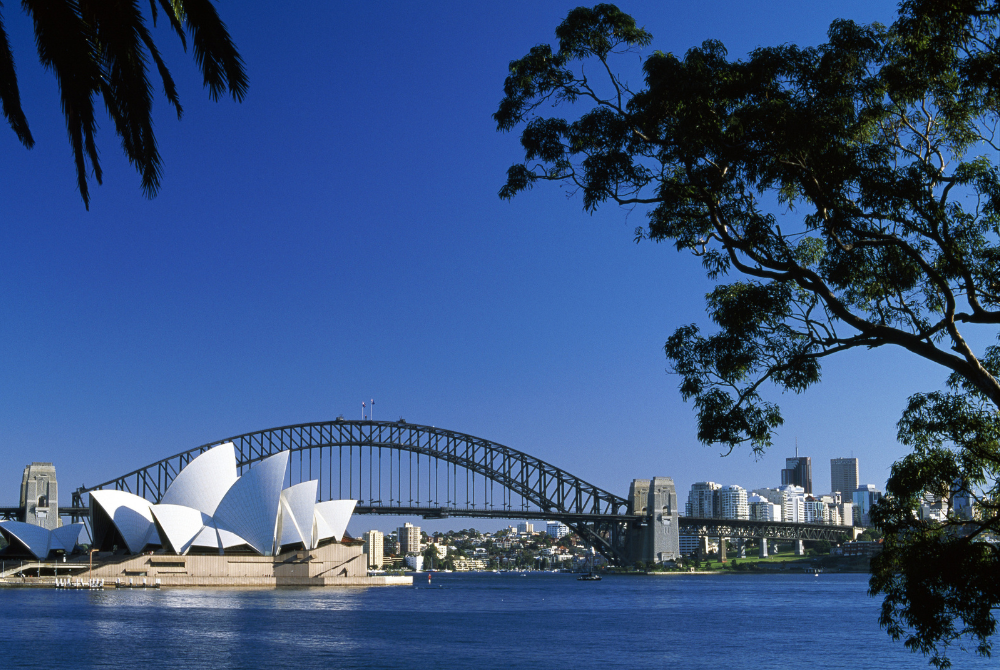Australian fertility rate plummets to new record
Australia's fertility rate peaked at 3.54 babies per woman in 1961.

CANBERRA - Australia's fertility rate fell to a new record low in 2023, according to official figures, reported Xinhua.
The Australian Bureau of Statistics reported on Wednesday that there were 286,998 registered births in Australia in 2023, resulting in a total fertility rate of 1.50 babies per woman.
It marked a decline from a rate of 1.63 babies per woman in 2022 and the lowest figure since records began in 1935.
Australia's fertility rate peaked at 3.54 babies per woman in 1961.
"The record low total fertility rate is because there were fewer births in most states and territories," Beidar Cho, head of demography statistics at the agency, said in a media release.
The island state of Tasmania was the only one of Australia's eight states and territories where the rate was higher in 2023 than in 2022, at 1.51 babies per woman compared to 1.49.
Western Australia had the highest rate of any jurisdiction in 2023 at 1.57, down from 1.62 in 2022.
In Australia's most populous state of New South Wales, the rate was 1.55 babies per woman in 2023, down from 1.94 in 2013.
The fertility rate was higher among Indigenous women at 2.17 babies per woman.
For births registered in 2023, the median age of mothers was an equal-record high of 31.9 years.
Over 30 years since 1993, the age-specific fertility rate among women aged 15-19 has fallen by more than two-thirds, while the rate for those aged 40-44 almost doubled in the same period.
"The long-term decline in fertility of younger mums as well as the continued increase in fertility of older mums reflect a shift toward later childbearing," Cho said.
The fertility rate has been highest for Australian women aged 30-34 since 2000. - BERNAMA-XINHUA














